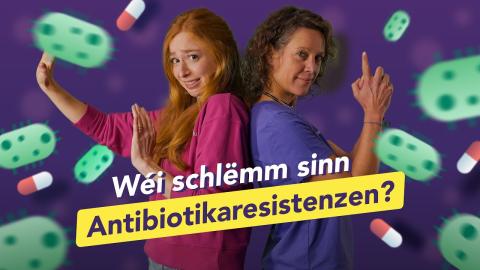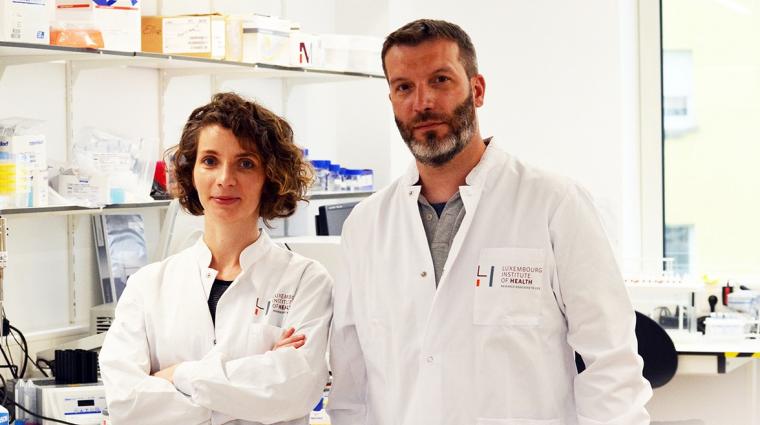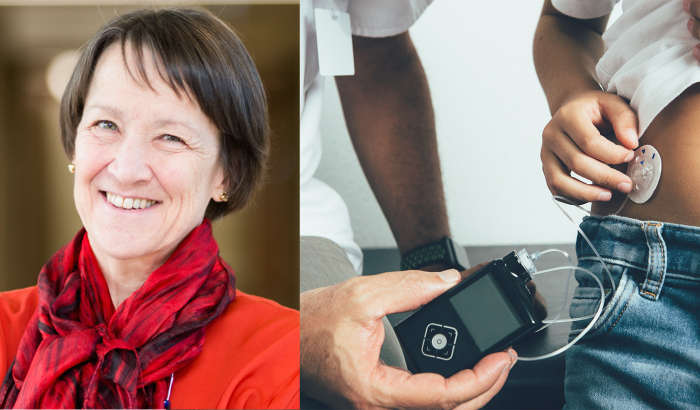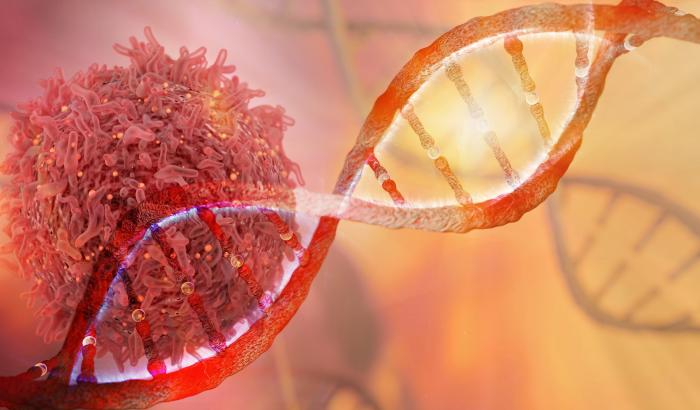Mariana Ribeiro
Mariana Ribeiro presents her research thesis in a 3 minute video.
Maintaining a healthy and sharp mind is something we all wish for when growing older. Unfortunately, neurodegenerative diseases like Alzheimer’s or Parkinson’s disease, are still very hard to treat. The cause of these diseases is the deterioration of healthy brain cells for which researchers are still trying to find a treatment. Mariana Ribeiro, a PhD candidate at the University of Luxemburg is doing her PhD thesis in this field: she analyzes the possibility to transform diseased brain cells into healthy neurons by reprogramming them. This could be a crucial step towards treating and hopefully curing diseases affecting the brain.
The goal is to regain lost or damaged brain tissue
Neurons are the brain cells that transport all types of information inside our brain. Astrocytes are cells that regulate those neurons and keep them in balance. When astrocytes do not function properly, they create a malfunction or the death of the surrounding neurons. This causes the symptoms like the loss of memory or the inability to coordinate movements properly, which are the symptoms we see in patients with Alzheimer’s or Parkinson’s. The goal of Mariana’s doctoral thesis is to transform malfunctioning astrocytes into neurons to regain healthy brain tissue. She explains this in a short video that she submitted for the 3 Minute Thesis competition organised by LuxDoc in Luxembourg.
How one cell type is transformed into another
In simple terms, transforming one cell type into another can be done by ‘’switching on’’ genes that are specific to the cell you want to obtain. In this case, Mariana is inducing the gene expression of neurons in malfunctioning astrocytes. The cellular conversion could be done by brain surgery, where proteins that induce gene expression are directly injected into the diseased tissue. First experiments with animals have had promising results with this strategy.
Not only neurodegenerative diseases
The mechanism of reprogramming cell types is also being studied for non-brain diseases like spinal cord injuries or cardiovascular diseases, being a promising treatment to cure some of the most challenging conditions of today.
Author: Lucie Zeches
Editor: Michèle Weber (FNR)
Infobox
The Three Minute Thesis (3MT®) competition celebrates the exciting research conducted by doctoral candidates. Developed by The University of Queensland (UQ), 3MT cultivates students’ academic, presentation, and research communication skills. The competition supports their capacity to effectively explain their research in three minutes, in a language appropriate to a non-specialist audience.
More info on the website of LuxDoc, the student association that organised the competition in Luxembourg in 2020.







